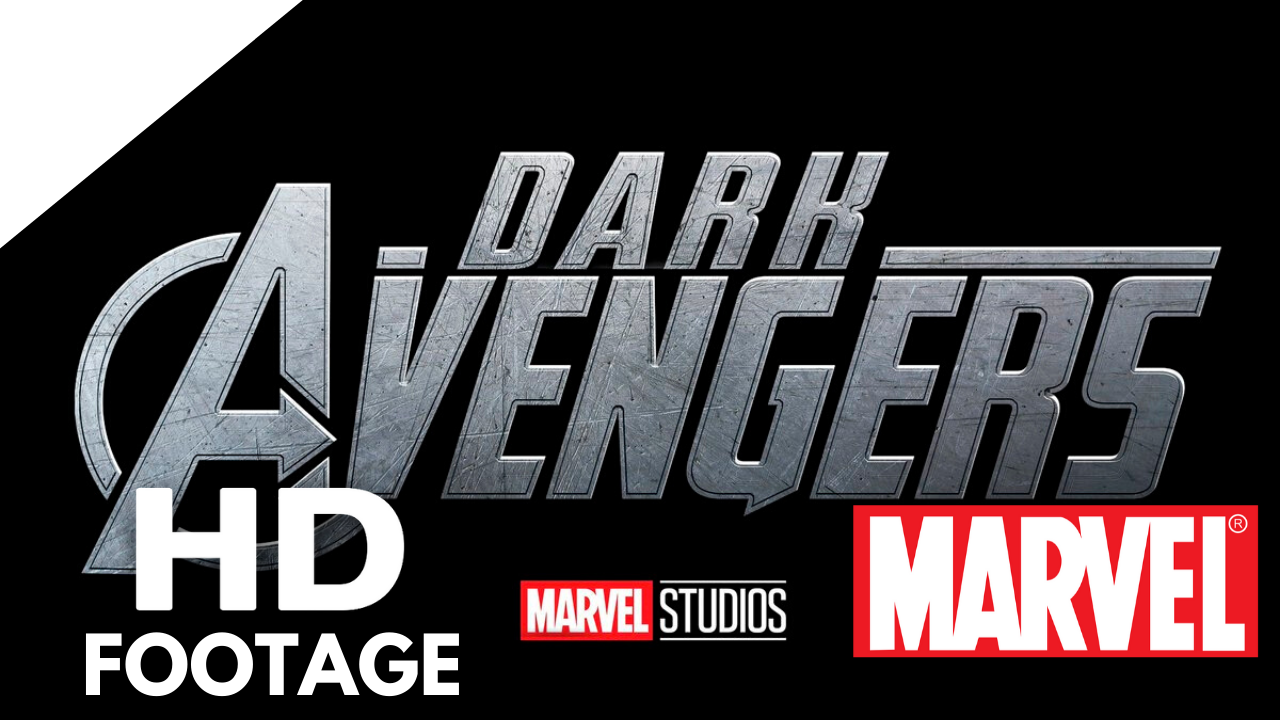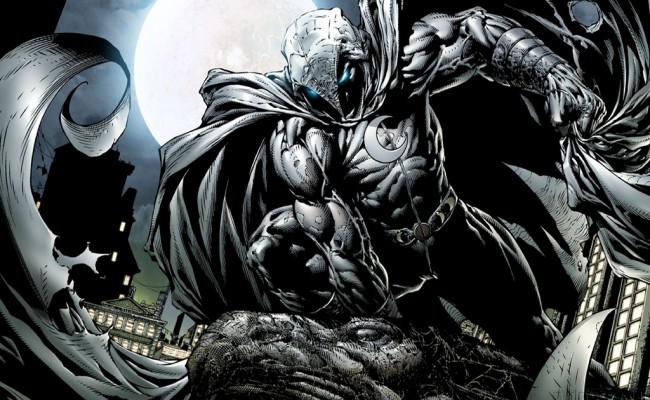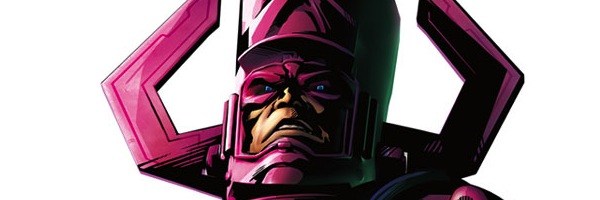 Having seen Prometheus this weekend, I left the theatres with an odd sense of confusion. Well, that and a hefty pair of 3D glasses that I conveniently misplaced in my side pocket.
Having seen Prometheus this weekend, I left the theatres with an odd sense of confusion. Well, that and a hefty pair of 3D glasses that I conveniently misplaced in my side pocket.
Admittedly, I should laud the film as a stunning visual success, but I can’t help but criticize it for suffering from unnecessary genre tropes that are just too damn grand (origin of life, the nature of man & God, divine humanity). Director Ridley Scott posed too many questions, all of which tried to address the bitter questions of existence, and none of which were satisfyingly answered. Sure, that’s a brilliant way to set up a series of sequels, but it’s a pretty sh**y way to end any single film.
Well, thankfully Sir Ridley has taken pity on we sad few, because he’s decided to explain (in a pretty Spoilerific fashion) the meaning behind Prometheus, the black goo, and the very sinister Engineers.
The film asks very big questions about where we come from as a species, and where we go when we die. It’s not possible to deliver concrete answers, but I’m hoping you can tell me how, in the planning stages of the script and story, you came to decide which open-ended, philosophical questions you would at the very least attempt to answer definitively.
RS: Well, from the very beginning, I was working from a premise that lent itself to a sequel. I really don’t want to meet God in the first one. I want to leave it open to [Noomi Rapace’s character, Dr. Elizabeth Shaw] saying, “I don’t want to go back to where I came from. I want to go where they came from.”
So that was always going to be the natural ending for this film?
RS: Totally. And because they’re such aggressive f**kers … and who wouldn’t describe them that way, considering their brilliance in making dreadful devices and weapons that would make our chemical warfare look ridiculous? So I always had it in there that the God-like creature that you will see actually is not so nice, and is certainly not God. As she says, “This is not what I thought it was going to be, and I think we should get the Hell out of here or there won’t be any place to go back to.”
That’s not necessarily planted in the ground at the tail end of the third act, but I knew that’s kind of where we should go, because if we’ve opened up this door — which I hope we have because I certainly would like to do another one – I’d love to explore where the hell [Dr. Shaw] goes next and what does she do when she gets there, because if it is paradise, paradise can not be what you think it is. Paradise has a connotation of being extremely sinister and ominous.
We’re not going to get a slow build in this second film, then. These guys are volatile from the start?
RS: In a funny kind of way, if you look at the Engineers, they’re tall and elegant … they are dark angels. If you look at [John Milton’s] Paradise Lost, the guys who have the best time in the story are the dark angels, not God. He goes to all the best nightclubs, he’s better looking, and he gets all of the birds. [Laughs]
So Milton was one of your influences for the Engineers?
RS: That sounds incredibly pretentiously intellectual. But in a funny sort of way, yes. I started off with a title called Paradise. Either rightly or wrongly, we thought that was telling the audience too much. But then with Prometheus – which I thought was bloody well intellectual – that wasn’t my idea. It was Fox’s notion, It came from Tom Rothman, who’s a smart fellow. The more I thought about it, the more I thought it was a good idea. This is about someone who dares and is horribly punished. And besides, do you know something? A little bit of an education at the cinema isn’t such a bad thing.
You throw religion and spirituality into the equation for Prometheus, though, and it almost acts as a hand grenade. We had heard it was scripted that the Engineers were targeting our planet for destruction because we had crucified one of their representatives, and that Jesus Christ might have been an alien. Was that ever considered?RS: We definitely did, and then we thought it was a little too on the nose. But if you look at it as an “our children are misbehaving down there” scenario, there are moments where it looks like we’ve gone out of control, running around with armor and skirts, which of course would be the Roman Empire. And they were given a long run. A thousand years before their disintegration actually started to happen. And you can say, “Lets’ send down one more of our emissaries to see if he can stop it. Guess what? They crucified him.
Space Jesus, folks. Space Jesus.
So… about that…
Prometheus was littered with religious references, with pagan sects being the only ones mentioned in dialogue, but I’m still blindsided by its apparently Christian origins. Sure, the movie’s a bit better, now that I know it’s a weird trans-allegory (gotta love that interpretive lore, folks!), but I can’t help but feel that Scott has cheapened the entire Alien franchise by veering from the tragically human to the quasi-divine.
What do you think? Totes awesome? Or kinda lame?
SOURCE: Prometheus Forum

 RS: Well, from the very beginning, I was working from a premise that lent itself to a sequel. I really don’t want to meet God in the first one. I want to leave it open to [Noomi Rapace’s character, Dr. Elizabeth Shaw] saying, “I don’t want to go back to where I came from. I want to go where they came from.”
RS: Well, from the very beginning, I was working from a premise that lent itself to a sequel. I really don’t want to meet God in the first one. I want to leave it open to [Noomi Rapace’s character, Dr. Elizabeth Shaw] saying, “I don’t want to go back to where I came from. I want to go where they came from.”









S#!T Talking Central